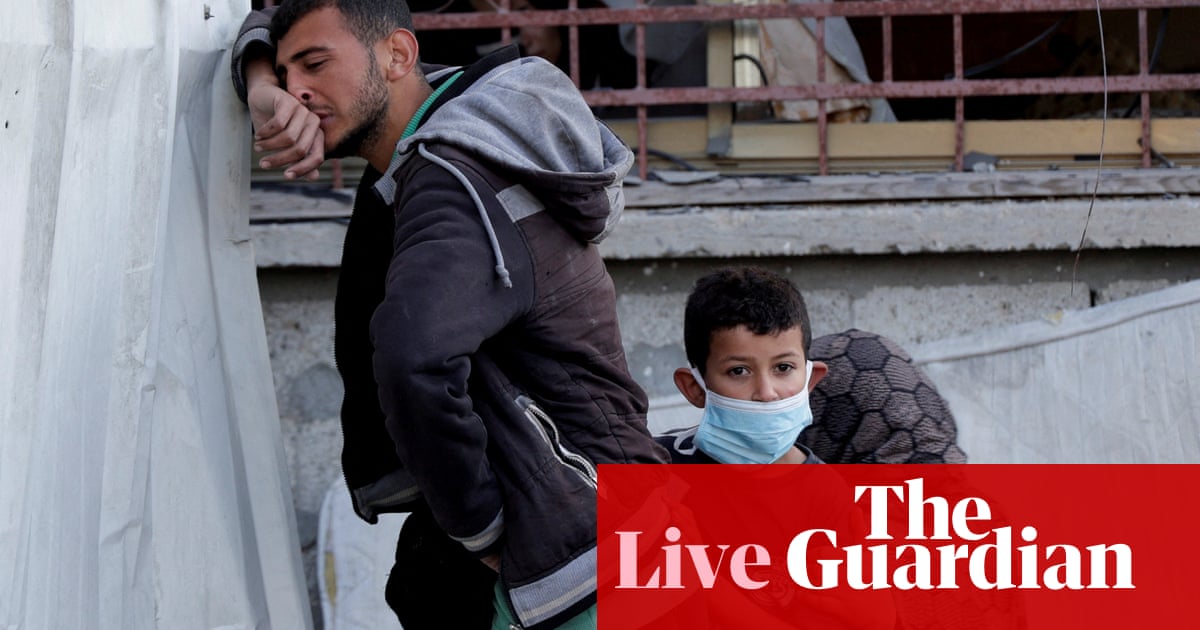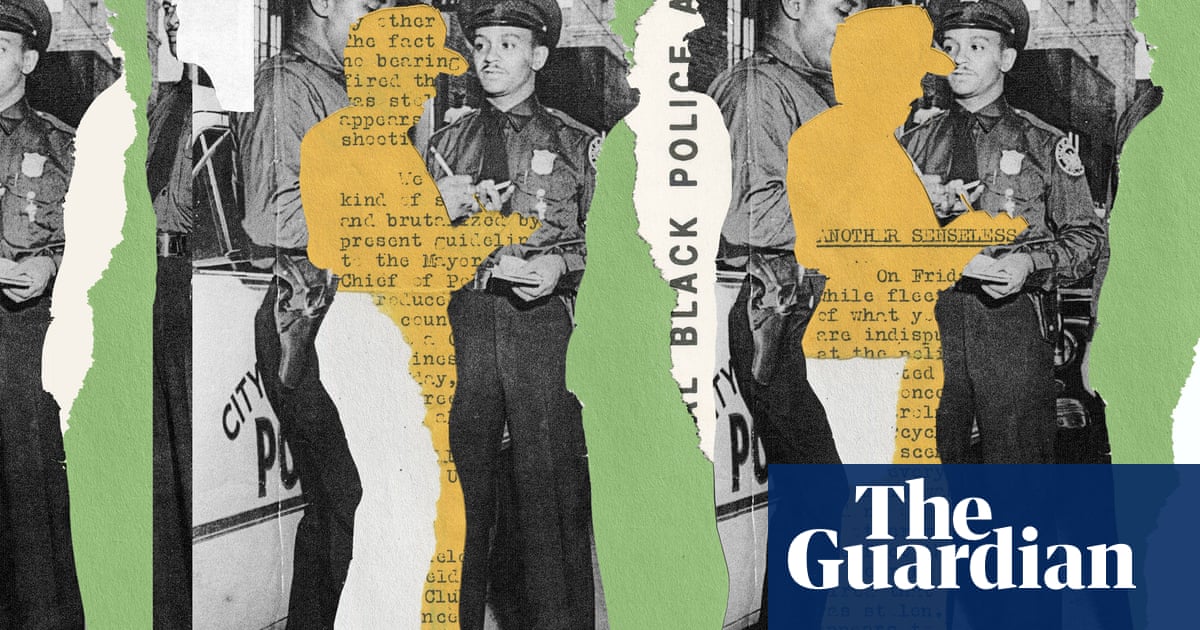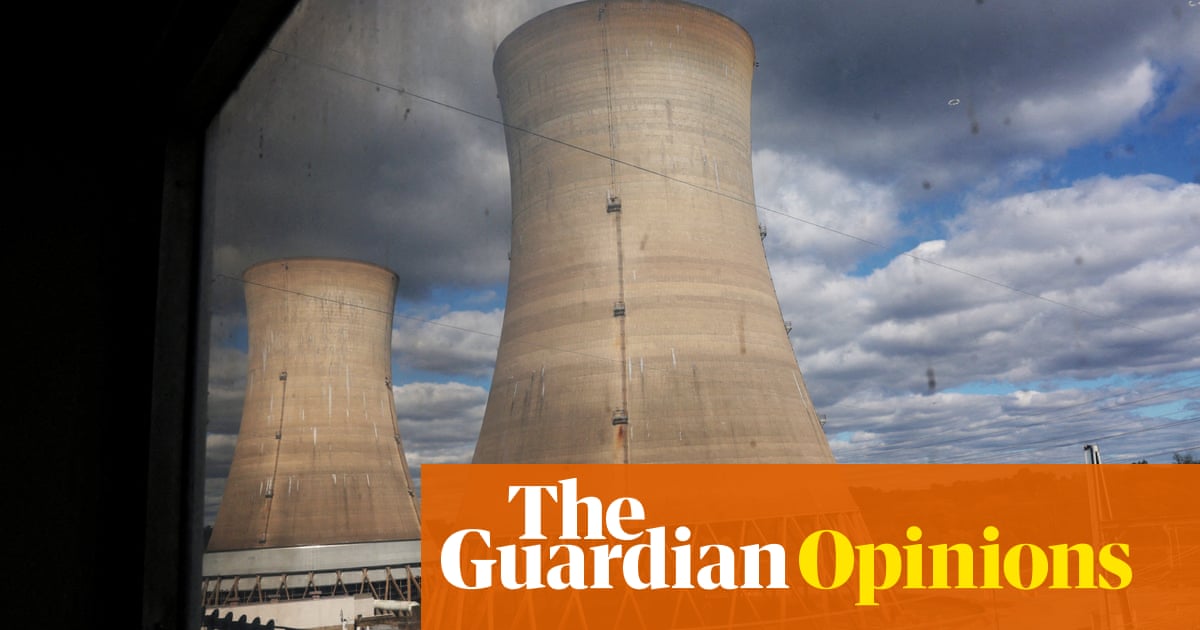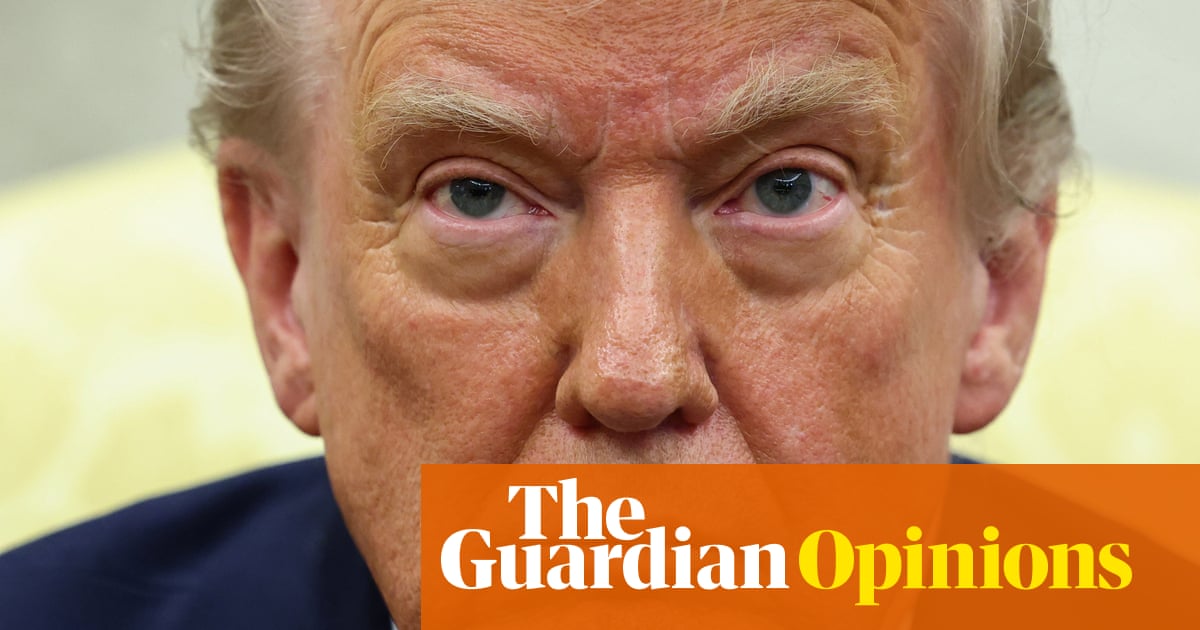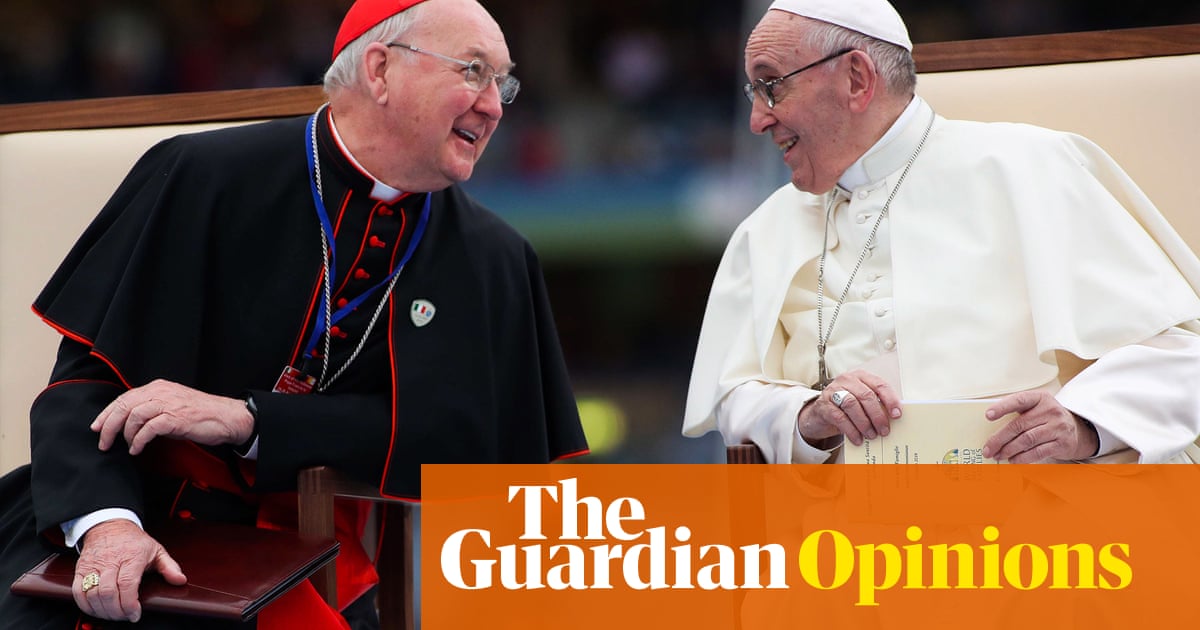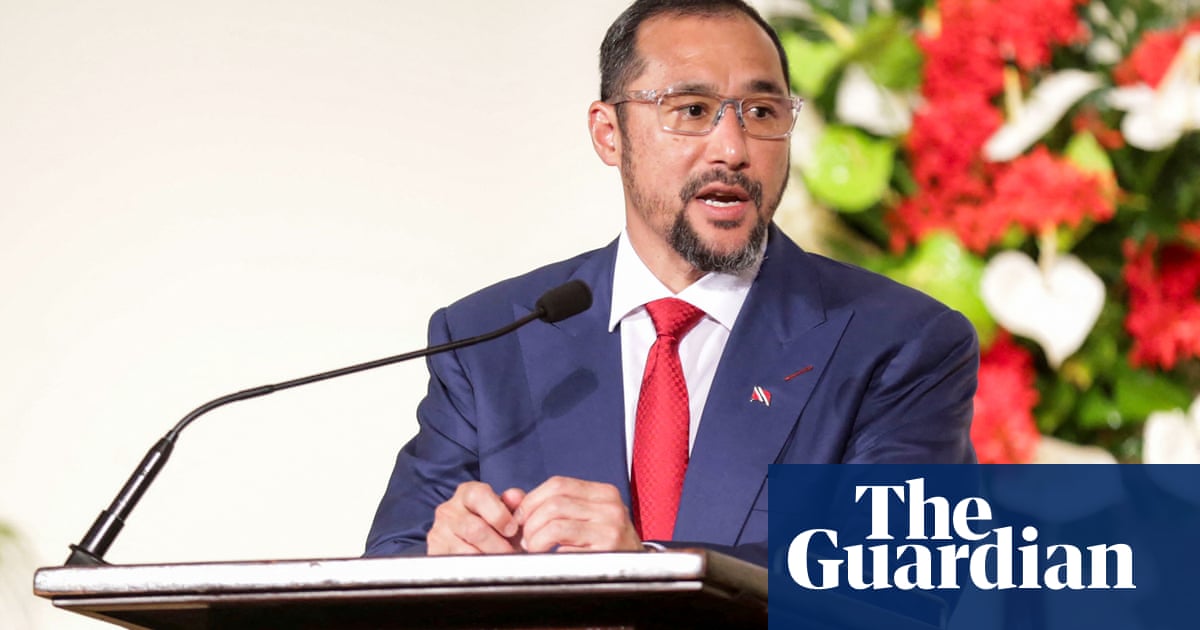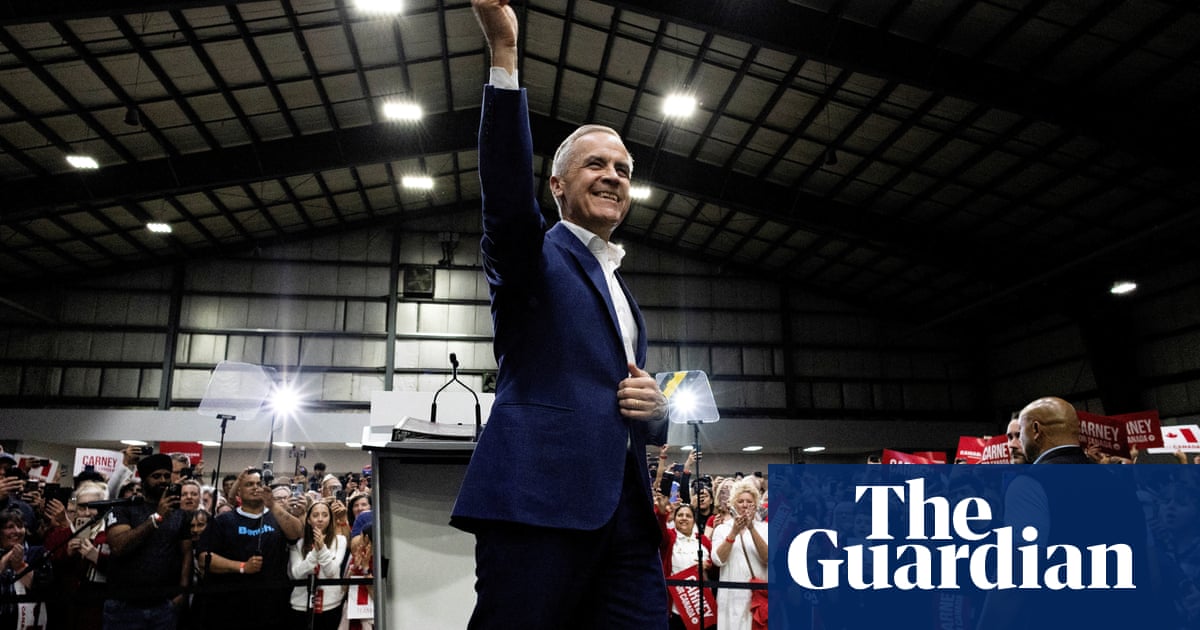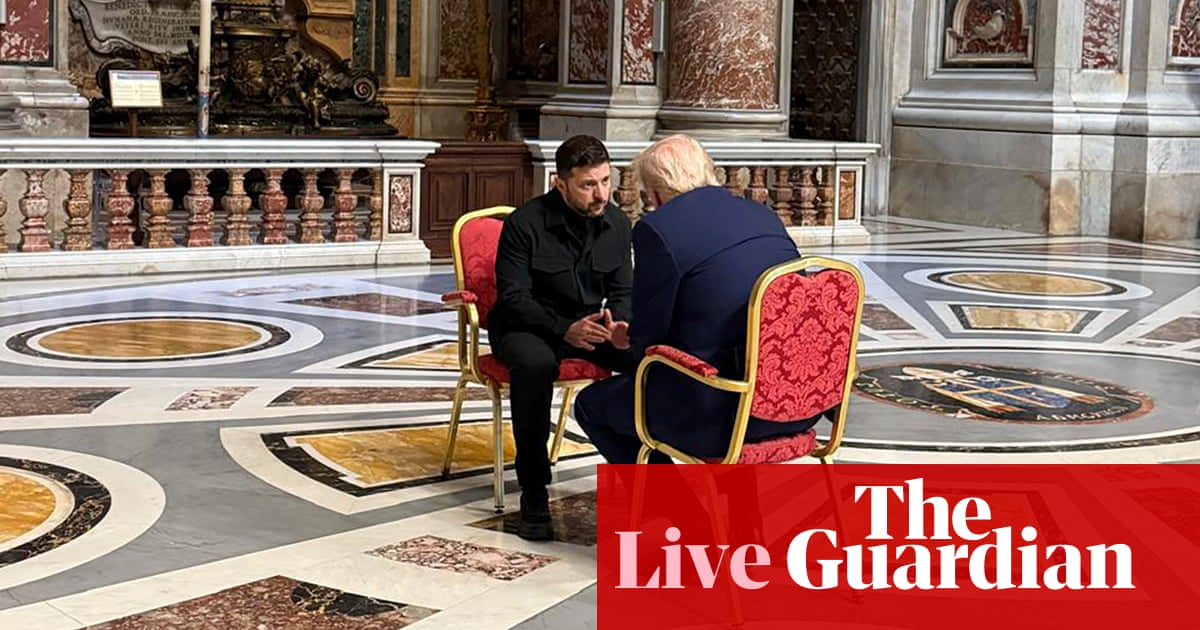China’s proposed “super-embassy” in London would require additional police officers to deal with any large protests involving thousands of people, the Metropolitan police have said before a decision by ministers.
Despite having dropped its official objection to the proposals, the Met “maintains concerns” that large protests of more than 500 people outside the embassy would impede traffic and “require additional police resource”, said the deputy assistant commissioner Jon Savell
In a letter sent to the former Conservative leader Iain Duncan Smith and to the Home Office earlier this month, Savell said the Met continued to have concerns about the impact the embassy would have on the area near Tower Bridge.
Two large protests were held at the proposed embassy site in February and March. Savell said these involved between 3,000 and 5,000 people, well over the 500 that the force believes can safely assemble at the front of the site. Another demonstration is being organised for early May.
China wants to build a new embassy covering 20,000 sq metres of land at Royal Mint Court, an 18th-century Grade II-listed complex. Tower Hamlets council rejected the proposals in December 2022 but China resubmitted them last summer shortly after Labour came to power.
Ministers have taken the decision out of the council’s hands and held a local inquiry, which heard concerns from residents and campaign groups. The final decision rests with Angela Rayner, the secretary for housing, communities and local government.
In December, the Met said that if more than 100 people congregated at the site they would spill out into the road, threatening public safety and risking causing disruption across the capital.
The following month, however, the force dropped its objection, saying it had re-examined a three-year-old technical document commissioned and paid for by China. The document claimed up to 2,000 protesters could be safely accommodated around the site.
The Met’s decision to withdraw its formal objection cleared the way for the proposals to be approved. Tower Hamlets council restated its opposition in December on the basis of the police evidence but has since said the withdrawal of the Met’s objection meant it could no longer rely on that evidence.
At the local inquiry in February, the lawyer representing residents argued that ministers had “sought to influence” the Met in favour of the proposals.
David Lammy, the foreign secretary, and Yvette Cooper, the home secretary, have publicly signalled their support for the embassy plan. In a joint letter in January, they highlighted “the importance of countries having functioning diplomatic premises in each other’s capitals”.
The two ministers wrote at the time that the Met was “content” that there was sufficient space for demonstrations, while admitting that there “remain differences of opinion on where protesters would most likely congregate”.
Getting a green light to build the embassy has become a diplomatic priority for China at a time when the UK government is pursuing closer ties with the country.
after newsletter promotion
Savell’s letter to Duncan Smith was sent after a meeting with members of the Inter-Parliamentary Alliance on China (Ipac), which has been critical of the embassy proposal and which campaigns for a tougher stance towards Beijing.
Savell wrote that the road junction adjacent to Royal Mint Court would “require additional police resource for larger assemblies to balance the safety of those who wish to assemble/protest and the safe free-flow of traffic, as has been borne out from the two recent large-scale protests”.
Duncan Smith said he would respond to the Met, asking the force to make its concerns known to ministers. “If the national security and interference arguments aren’t enough, then perhaps the fact that Tower Bridge junction will be regularly shut down and officers drafted in from all over London to ensure safety will help the government to do the right thing and refuse this application,” he said.
Savell’s letter said the Met “remains impartial to the proposed development outside of any implications on policing”.
Blair McDougall, a Labour MP and member of the foreign affairs committee, said: “The Met’s assessment is clear: there is inadequate space for protest outside the Royal Mint Court, where not only would protester safety be jeapordised but gatherings would require significant policing resources and lead to major road disruption. As long as the right to protest is non-negotiable, the embassy must be in a location where that right can be safely upheld.”
Luke de Pulford, the executive director of Ipac, said: “A huge amount of public money has already been wasted policing large protests at the site. It isn’t safe, and there isn’t space. Large protests will continue until permission for this wrong-headed embassy is denied. It shouldn’t have taken MPs, residents and thousands of campaigners to turn up for the police to admit the obvious, but I’m glad they have.”

 4 hours ago
8
4 hours ago
8
